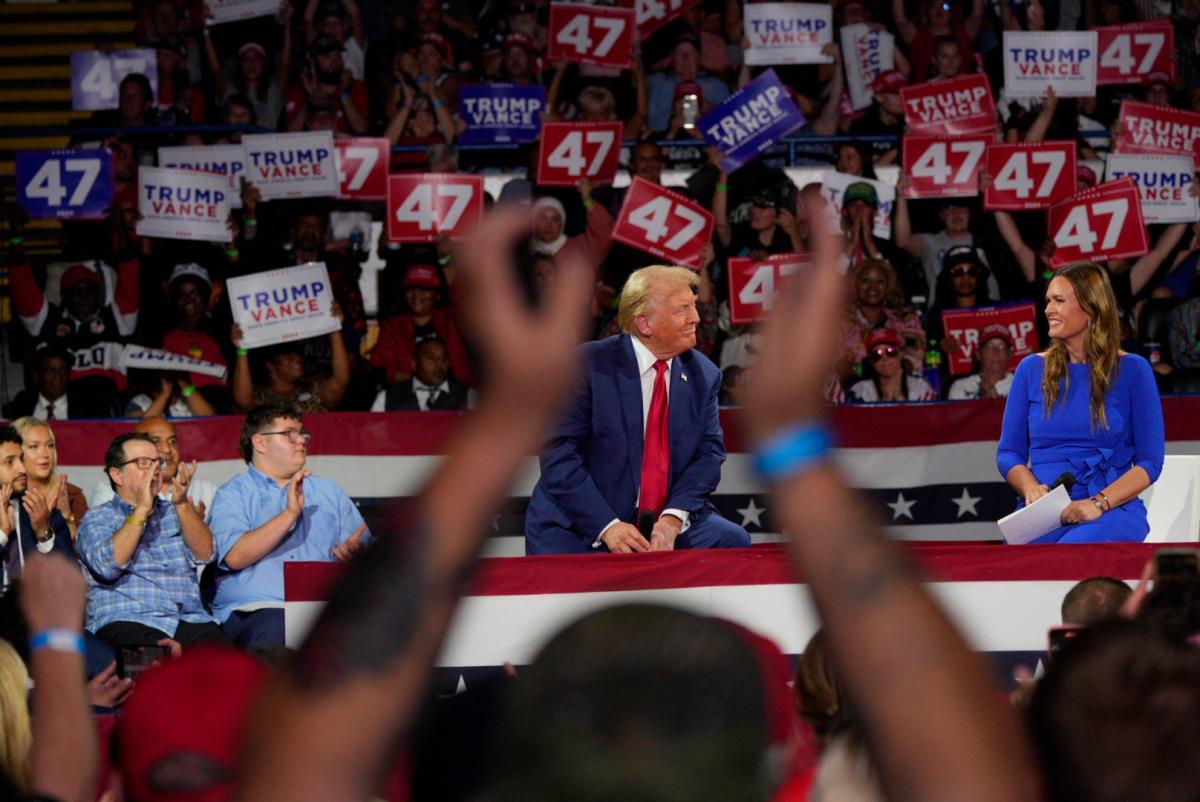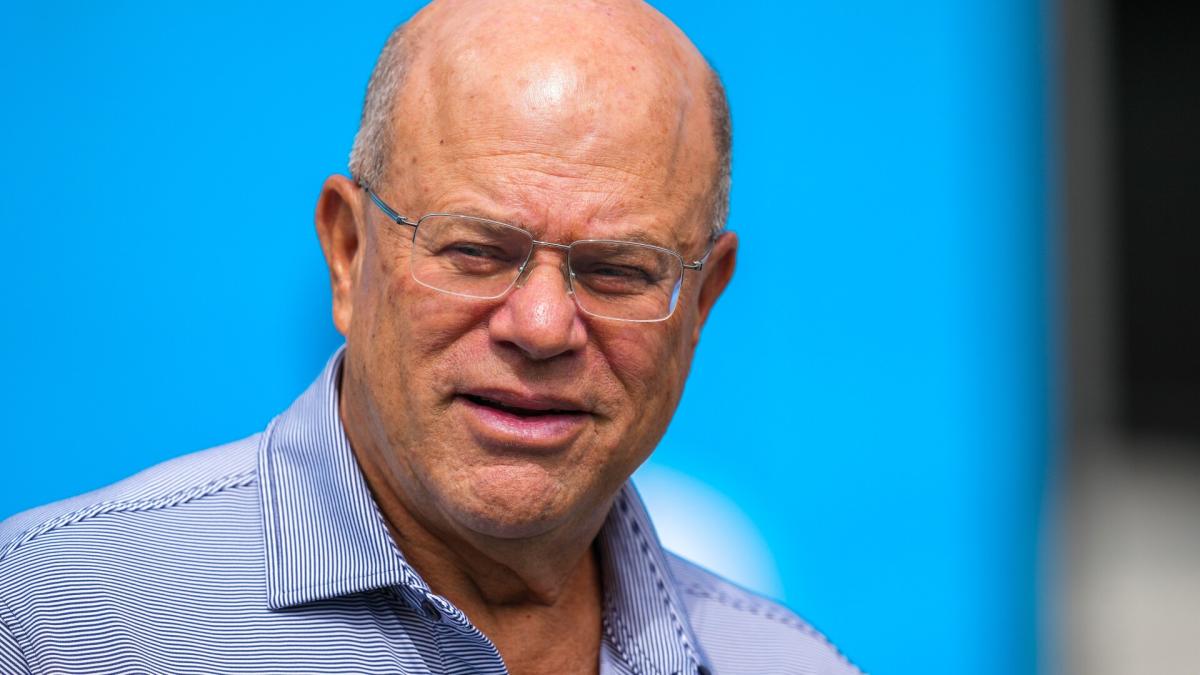In a speech in Catalonia last Wednesday, King Felipe lauded a generation of young Spaniards for their “enthusiasm, tremendous drive and huge ability”.
Although he was pleased to count his two daughters among that generation, the monarch couldn’t resist mentioning another famous member of the cohort, a Catalan teenager whose skill, commitment and achievements have, over the past four weeks, made him the most famous Spanish adolescent on the planet.
“Given the brilliance that Lamine Yamal has gifted us at the age of 16, there’s not really much to add,” said the king.
Yamal, who turned 17 on Saturday – the eve of Spain’s Euro 2024 final showdown with England – has become both the breakout star of the tournament and a potent symbol of pride in his homeland’s increasingly multicultural society.
While much, predictably, has been made of his tender age, attention has also focused on the idiosyncratic gesture with which he celebrates his goals, crossing his hands across his chest and using his fingers to spell out the number “304”. The digits, as readers and viewers around the world now know, make up the last part of the 08304 postcode of Yamal’s home neighbourhood of Rocafonda in the Catalan city of Mataró.
The gesture offers a pithy summary of the player’s roots – he was born in Catalonia to a mother from Equatorial Guinea and a father from Morocco – and of how far his talents have taken him. Along with Nico Williams – who was born in Bilbao to Ghanaian parents who entered Spain by climbing the border fence into its north African enclave of Melilla – Yamal is a testament to what the national team manager, Luis de la Fuente, terms “the reality” of 21st century Spain.
“They make us stronger and greater as a country,” De la Fuente told ABC on Friday. “They could easily have chosen to play for other national sides but they choose to play for Spain. They’re Spanish and we’re happy that they are.”
Frank T, a Spanish rapper and hip-hop producer, has been delighted to witness the two players’ international breakthrough. “Obviously what Lamine Yamal has done as a successful, mixed-race public figure carries a bit more weight in Spain than it might do in the UK or in the Netherlands or in France or Portugal, which are countries that are a lot more racially mixed,” he said.
“He’s not the first mixed-race or Black person to play for Spain – there have been others – but he and Nico [Williams] are the ones who are making a big impact.”
The rapper, who was born in Kinshasa, capital of the Democratic Republic of the Congo, believes that the players offer Spanish people of colour representation and visibility.
“Those people are proud to have someone who represents them in this place where they aren’t,” he said. “That’s what’s going on. Even though Lamine and Nico aren’t looking for any of this – they’re not super-revolutionaries or whatever – we’re grabbing on to them because of who they are and what they represent so that we can feel empowered and proud. We can also feel represented by the Spanish national side.”
But the musician is also keenly aware of the reactionary voices in society who like to claim that migrants, or their children, only support Spain when they feel like it.
“I’ve always supported Spain,” he said. “Always. When Juan Señor scored in 1982 when we beat Malta 12-1, I was about 11 and I was delighted. I’ve followed all Spain’s footballing triumphs and disasters … It’s just that you feel that little bit closer if there’s someone there you can identify with more.”
Dolores Galindo, president of the Dragones de Lavapiés, a neighbourhood football club in one of Madrid’s most diverse and multicultural barrios, argues that the achievements of Yamal and Williams could do more to help tackle racism in football than any awareness-raising campaign. “It’s such a powerful and undeniable symbol because they’re so brilliant and so impressive,” she said. “I think the only danger is that young people will think they have to be as good as those two to play.”
after newsletter promotion
Others are rather more circumspect. Okba Muhammed, a young Syrian journalist who has lived in Spain since fleeing his home town of Deraa during the Assad regime’s Russian-backed offensive in 2018, points out that the public and media narrative is very selective in its focus on race and migration.
“This is the classic thing that happens, almost always in western countries when someone – especially if they’re a migrant or of migrant origin – does something that benefits society,” said Muhammed. “They want to see that person but they don’t want to see all the invisible Yamines.”
Spain’s progression to the final has coincided with a rancorous debate over taking in hundreds of children who have arrived in the Canaries as migrants and refugees.
On Thursday night, Spain’s far-right Vox party announced that it was abandoning its five regional coalition governments with the conservative People’s party (PP) over the latter’s refusal to oppose the Socialist-led government’s plans to move about 400 unaccompanied minors from the archipelago to the mainland.
“There are loads of migrants right now in the Canaries – hundreds and hundreds of them – who are the same age as Yamal,” said Muhammed. “No one’s talking about them or about the people who are dying on the way here.” It was odd, he noted, that no similar objections had been made over the arrival in Spain of more than 200,000 Ukrainian refugees.
Then there are those who feel football is best kept a few pitch-lengths from political debates. As the shops and restaurants of Lavapiés rolled up their shutters on a hot Friday morning, Samb Serigne, a 60-year-old self-employed man from Senegal, was breakfasting on a croissant and a café con leche and wondering exactly what all the fuss was about. “It’s very normal to see the kids of migrants playing, because they love playing football and they love playing for Spain, which is their country,” he said. “Everyone’s behind them. You have to put the politics and politicians to one side. They’ve got nothing to do with football.”
If a lesson had to be drawn, Serigne added, then let it be this: “The Spanish team will only get better and better because there are thousands of migrants’ kids, like Yamal, who are going to come up. And we’ll be world champions when that happens.”

Sarah Wilson is your guide to the latest trends, viral sensations, and internet phenomena. With a finger on the pulse of digital culture, she explores what’s trending across social media and pop culture, keeping readers in the know about the latest online sensations.







